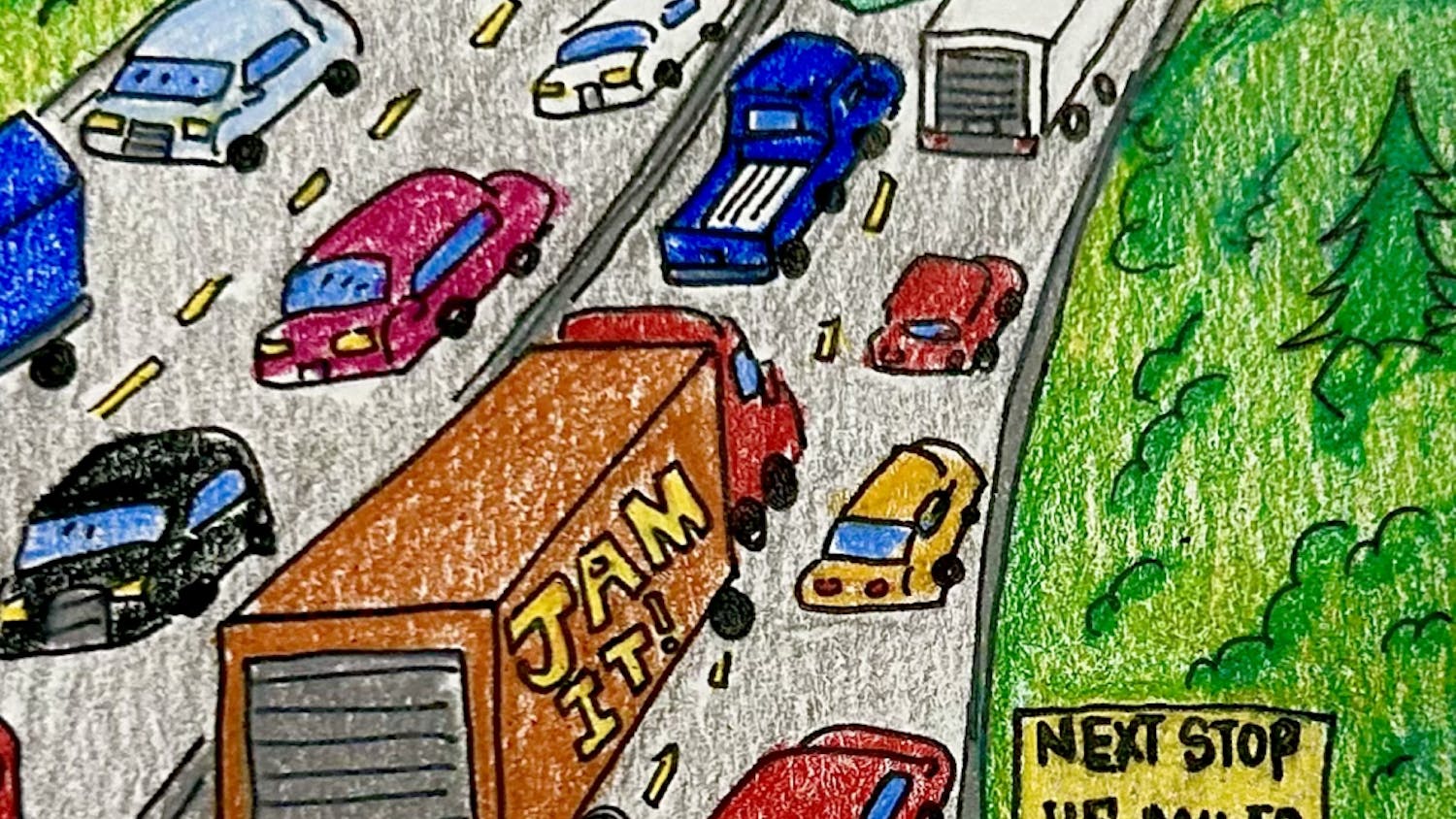Ideas are powerful. So powerful, in fact, that they have been the cause of countless ideological movements across the globe. From the rise of fascism in Germany and communism in Russia in the early 20th century, to rise of the alt-right led by figures like Breitbart’s Steve Bannon right here on Main Street in the United States. These movements, as evidenced by both the recent memories of the events in Charlottesville and the distant ones of what our forefathers invaded Europe to stop, can have life-altering consequences.
Analyzing the effects that ideas — something that cannot even be seen nor physically touched — can have on society begs the question: where do ideas come from? The answer is simpler than one may think; ideas stem from thoughts, and thoughts from words. Words are just the invention of several cultures across the globe over time. Used in various combinations, they form hundreds of languages for humans to not only interact with one another, but with themselves.
When people think, they are doing so with their native language. Those who are bilingual can think in two separate languages, or in a mixture of both. An example of this phenomenon is when someone who learning a second language has dreams in that new language. This event shows that one’s brain is further developing its ability to think within the boundaries of the new “code” one is providing it. Without this code, or language, one’s ability to think is limited.
So, through logical reasoning, it is reasonable to conclude that after all the atrocities the world has witnessed and continues to witness due to — at its roots — words, that something must be done. This something, is to eliminate any words from dictionaries of all languages that may distress an individual — race, religion, war, fat, mean, short, poor. According to calculations from a think tank, Trust Us Because of Our Fancy Title, this could reduce dictionaries worldwide by nearly half! After an estimated twenty years of these words being eliminated, both their use and potential to harm others, will cease to exist. If you find yourself doubting the effectiveness or morality of this plan, just read George Orwell’s 1984 to discover its potential.

A global academic community has reached a consensus for alterations.
Reform the Dictionary: mitigating disaster by language alteration
All articles featured in The Beet are creative, satirical and/or entirely fictional pieces. They are fully intended as such and should not be taken seriously as news.
Support your local paper
Donate Today
The Daily Cardinal has been covering the University and Madison community since 1892. Please consider giving today.





